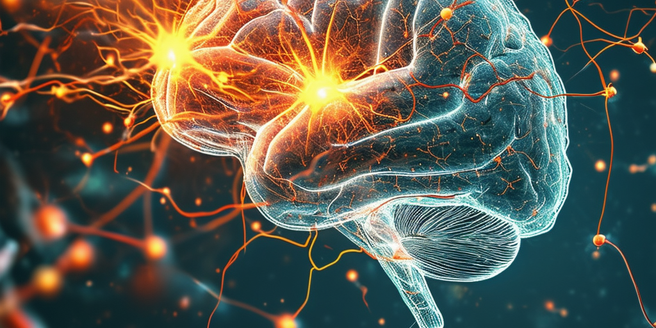
The Attraction: Why People Join Sweepstakes Communities
The appeal of sweepstakes communities lies in their promise of unexpected fortune. They draw in individuals with the allure of winning valuable prizes, often with little to no cost to the participant. Additionally, the thrill of competition and the prospect of victory add to the overall appeal. These communities present opportunities that may not be accessible to many due to financial constraints or other limiting factors. Typically these prizes can range from small conveniences to grandiose trips or considerable cashouts. The inherent uncertainty in these competitions, coupled with the hope of a high reward, generates a potent combination that attracts many individuals. For some, this forms a sense of community. For others, it provides an escape from reality, offering a dream that just might come true.
Cognitive Processes: How Sweepstakes Affect the Mind
Sweepstakes leverage the inherent hope that triggers pleasurable reactions within our neuronal reward pathways, imitating the effects of substances known to induce pleasure. This mechanism is rooted in how the brain functions, typically leaning towards activities with possible rewards, which activates the brain’s reward system.
This tendency to prioritize hopeful outcomes over potential losses is deeply ingrained in our cognitive pattern and psychologists refer to it as the ‘optimism bias.’ It persuades people to believe they’re less likely to experience negative events.
The anticipation of potentially winning a sweepstake sparks a dopamine rush, associated with pleasure and satisfaction. This not only offers a fleeting high but also cultivates a craving for more of such positively reinforcing experiences.
Hence, sweepstakes engage and exploit key aspects of human psychology like hope, anticipation, and reward, creating a pleasurable feeling and an intense desire for more. This mental game fuels continuous participation, contributing to the undeniable charm of sweepstakes.
Group Dynamics: Understanding the Flow in Sweepstakes Communities
Communities like these play a significant role, fostering a sense of unity and camaraderie among members and generating a shared sense of anticipation. Their collective spirit fuels individual and group excitement, creating an emotional bond that exists regardless of the situation, whether it involves winning or experiencing a setback. For many, these communities become a transformative experience, aiding self-understanding and providing acceptance otherwise hard to achieve. They go beyond superficial exchanges to deep and rewarding connections, fulfilling the innate human need for social belonging and validating individuals’ emotions and experiences.
Role and Impact of Social Proof in Sweepstakes Participation
The concept of social proof is an incredibly significant factor in encouraging community involvement and active participation, as it leads individuals to emulate or follow the actions of the majority, promoting broader engagement in group activities or initiatives. By observing others, particularly those they view as peers, succeed, it validates the potential opportunities available and strategically reinforces the idea of further involvement. Seeing a person similar to themselves triumph often drives observers to overcome their own self-imposed limits, which increases their motivation and eagerness to participate more. This potent form of validation generates a positive feedback loop, where every success story serves as an advertisement for the benefits of engagement, drawing more people into the process. This results in more observable success over time and encourages a high and consistent level of enthusiasm and involvement, establishing a constant, self-perpetuating culture of participation.
The Aftermath: What Happens When People Win or Lose
Participating in any event is an immersive emotional journey that participants embark upon, filled with sentiment. Elation often follows a win, enhancing self-esteem and validating hard work and dedication. This validation encourages continued participation despite the emotional roller-coaster. A loss, although accompanied by disappointment, teaches resilience and can motivate participants to bounce back stronger. The community’s role is significant throughout this journey, providing support whether participants win or lose. This solid communal support fosters strong relationships within the community, creating a safety net for participants on their emotional journey.
